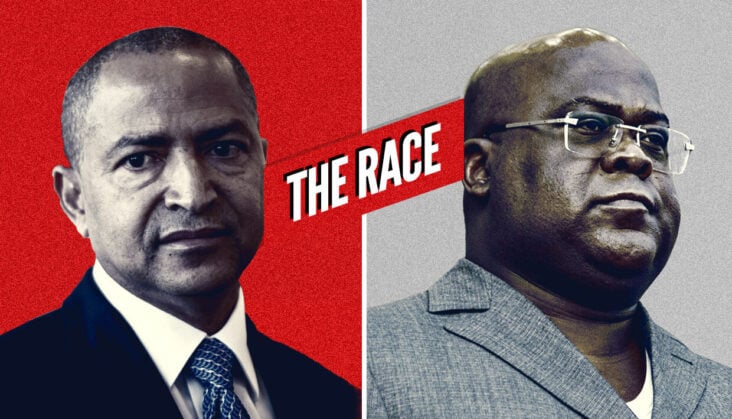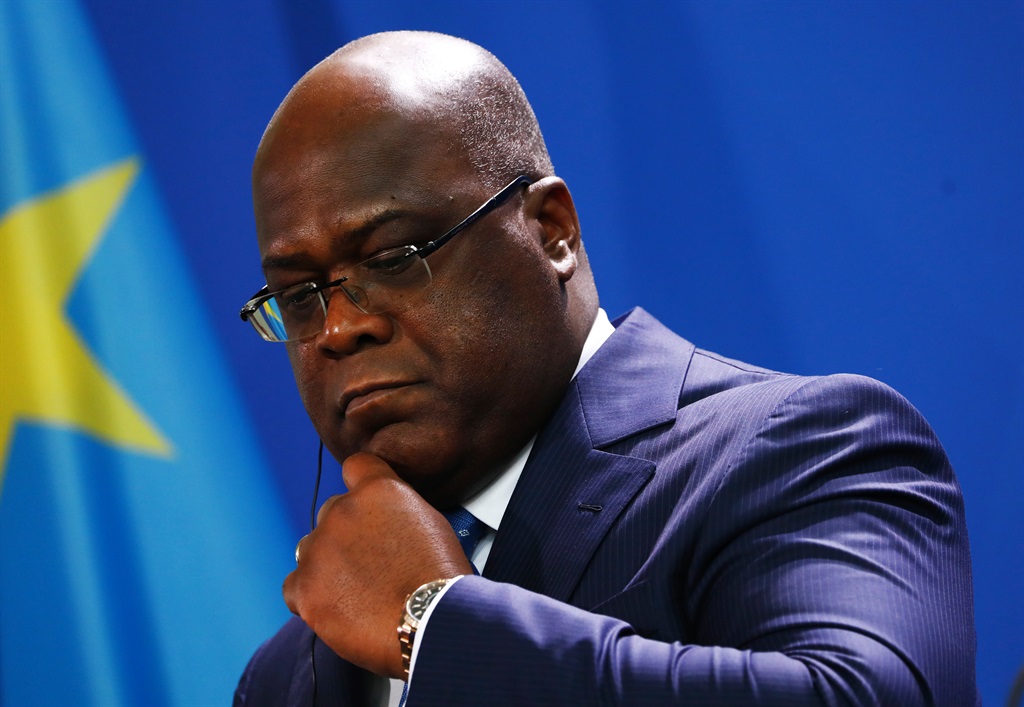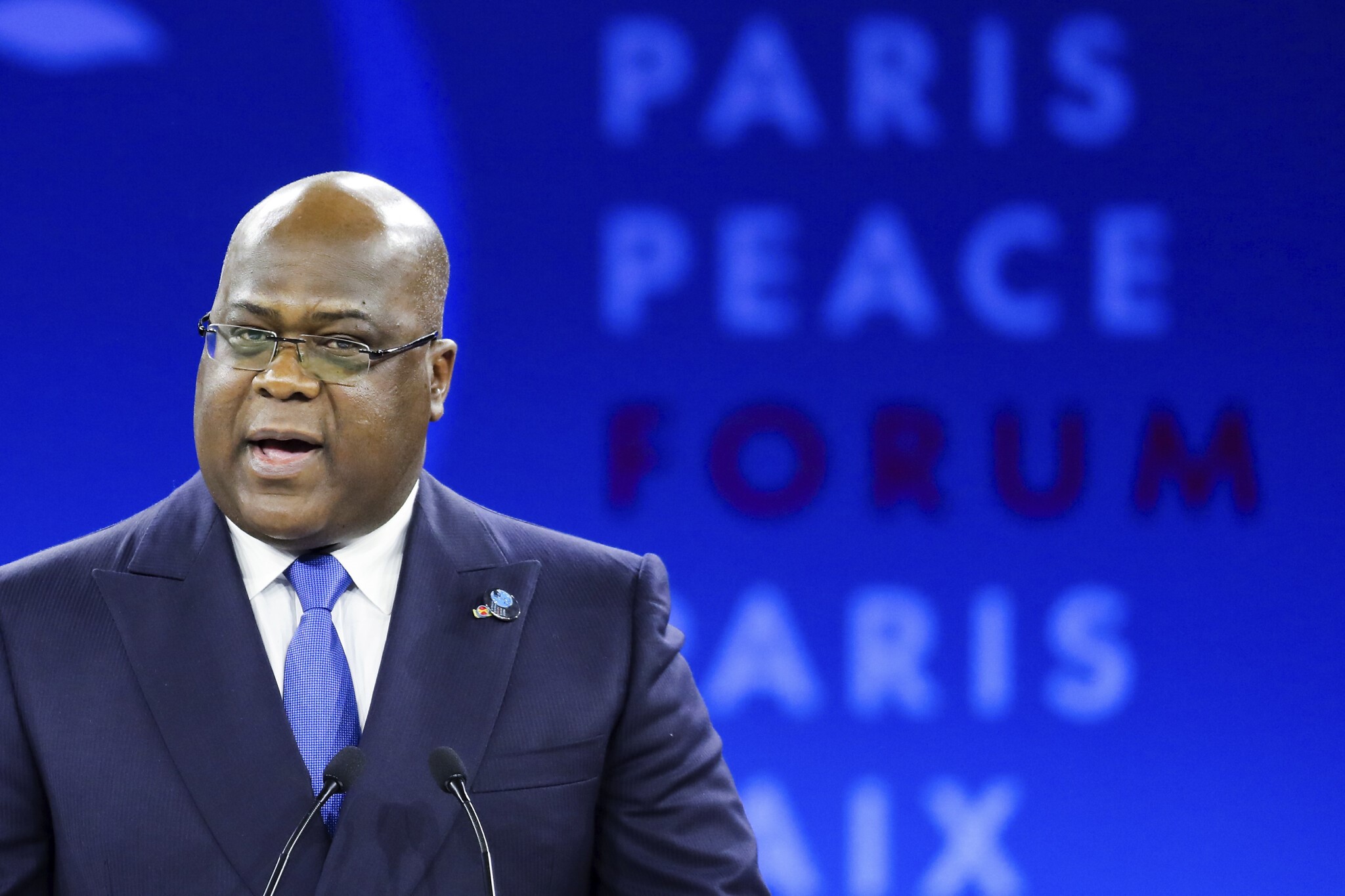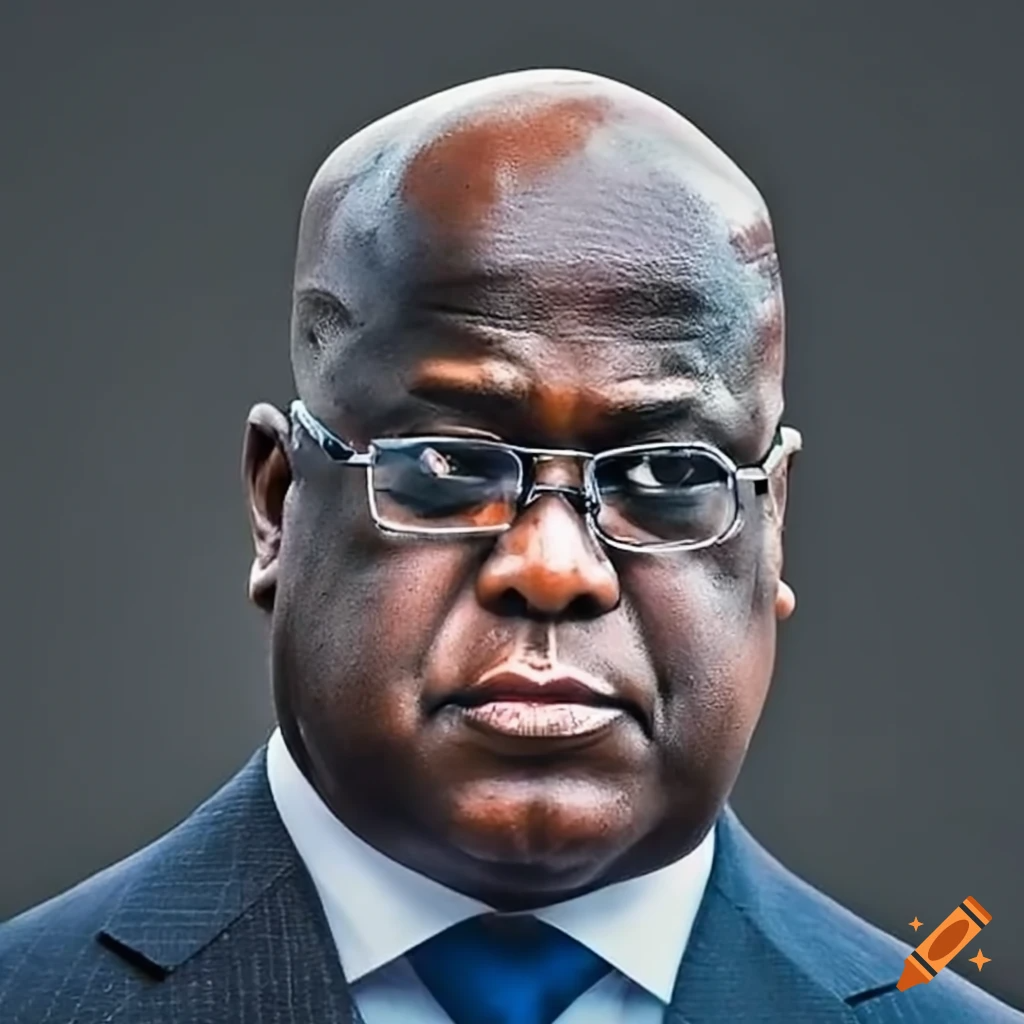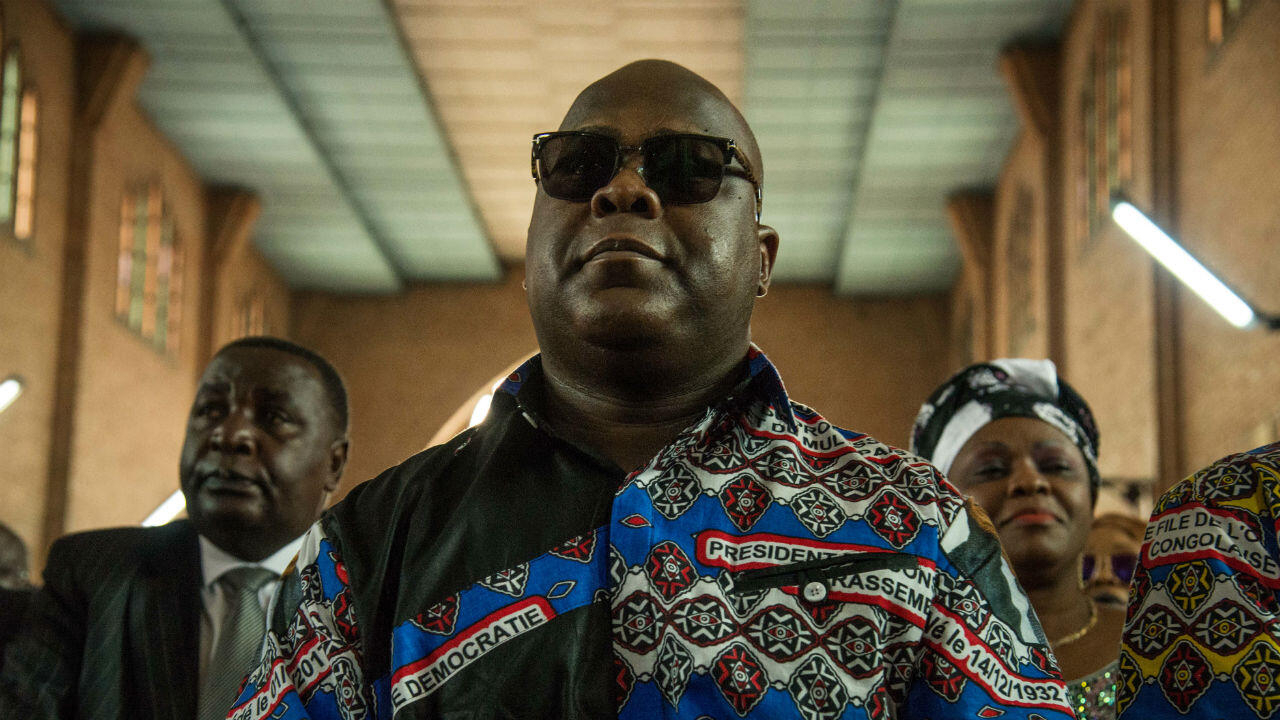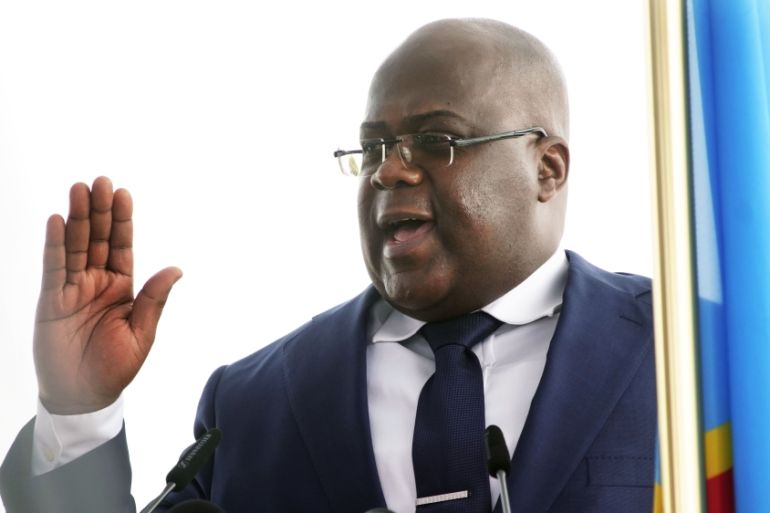Regional
If Rwandan troops were in DRC, Tshisekedi would not be president
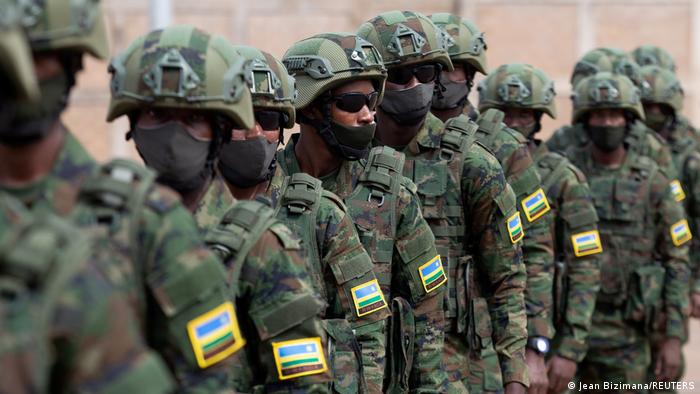
Recently
I read a comment on X, formerly Twitter, where one user wrote that “Tshisekedi
has done 600 international trips over the past five years. Meanwhile he has
travelled to the east of the Democratic Republic of Congo [a region with over
260 armed groups] less than five times during the same period. Tshisekedi only comes
to Goma [capital of North Kivu Province] because of the ongoing presidential
campaign.”
Whether
the number of times Tshisekedi has been out of his country or to Goma are
correct or wrong, I cannot tell. But what I agree with the author is that
Tshisekedi is out of touch with the reality when it comes to what is happening
in eastern DRC.
Tshisekedi
has spent most of his time blaming Rwanda and President Paul Kagame, particularly
for the security crisis in the east of his country. He is shifting the blame to
neighbors for his own incompetence to bring an end to the conflict.
First
of all, the M23 rebels are fighting for the rights and survival if their marginalised
people and persecuted people in eastern DRC. They are not terrorists as
Tshisekedi wants the world to believe! Instead, the Congolese government he
heads has terrorised the Kinyarwanda speaking Congolese community in eastern
DRC, for decades.
Secondly,
there are more than 260 armed militia in eastern DRC. Instead of disarming them,
Tshisekedi created more of them like the Wazalendo for his own political
survival.
Tshisekedi
has created a revolving door with most of the armed militia, where he allows
them to form a coalition with the Congolese national army, FARDC, to fight
against M23 rebels.
Despite
advice by many leaders from the region and beyond to embrace dialogue with the
M23 rebels as the only avenue to a sustainable solution to the crisis,
Tshisekedi turned a deaf ear, believing that he will use military means to
silence the M23 rebels.
With
the use of Eastern European mercenaries, armed terror groups like FDLR, FLN,
Wazalendo and many others operating in DRC, the military option has not worked.
Tshisekedi
has spent millions of dollars on the war but has failed to win.
As
the M23 rebels are mainly Kinyarwanda speaking Congolese, Kinshasa and its Western
allies created the narrative that Rwanda Defence Forces (RDF) are actively supporting the rebels, and that
Rwanda has interest in ‘stealing’ DRC’s minerals.
That
old lie is always regurgitated without any evidence of RDF involvement in the DRC
crisis, or proof of mineral theft.
Kigali
has been categorical on explaining that whatever is happening in DRC is an
internal conflict between brothers and has nothing to do with Rwanda.
Rwanda
has been clear on condemning Tshisekedi’s administration on arming and
incorporating FDLR – the Rwandan genocidal militia – within the government
forces with intentions to attack and destabilize Rwanda, and to continue the
genocide against the Tutsi which they never completed in 1994.
Despite several provocations by Tshisekedi;
from abuses to attacks on border areas and violating Rwanda’s air space, Kigali
has shown restraint.
In
1996, the Rwanda Patriotic Army (RPA) went in DRC (then Zaire) and fought President
Mobutu’s army for supporting and arming genocidal forces,EX-FAR, and
Interahamwe militia who had committed genocide against the Tutsi in Rwanda.
Zaire’s army was defeated and Mobutu exiled.
Tshisekedi
is committing the same crime as Mobutu. Rwanda has been tolerant enough.
If
RDF were fighting in DRC, the story would be different. Tshisekedi would no
longer be in Kinshasa.
Mobutu
was a military man with the highest rank of Field Marshal, unlike Tshisekedi
who does not claim even basic military training.
Mobutu
who had a well-trained army equipped with modern weapons including jet fighters
was defeated by RPA, which did not have jet fighters and modern weapons.
Today,
RDF has a modern robust army whose effectiveness can be told by the surviving
Islamic insurgents in Mozambique.
The
size of DRC and the strength of its army are in stark contrast. Even with the
support of foreign mercenaries, FADRC has failed to defeat M23 rebels.
When
Tshisekedi talks about his country fighting with the RDF, it should be
understood as a diversionary ploy to run away from his own weaknesses and
failures.
The
noise helps Tshisekedi to attract international attention and sympathy. But it
does not take his weaknesses, and problems away.



